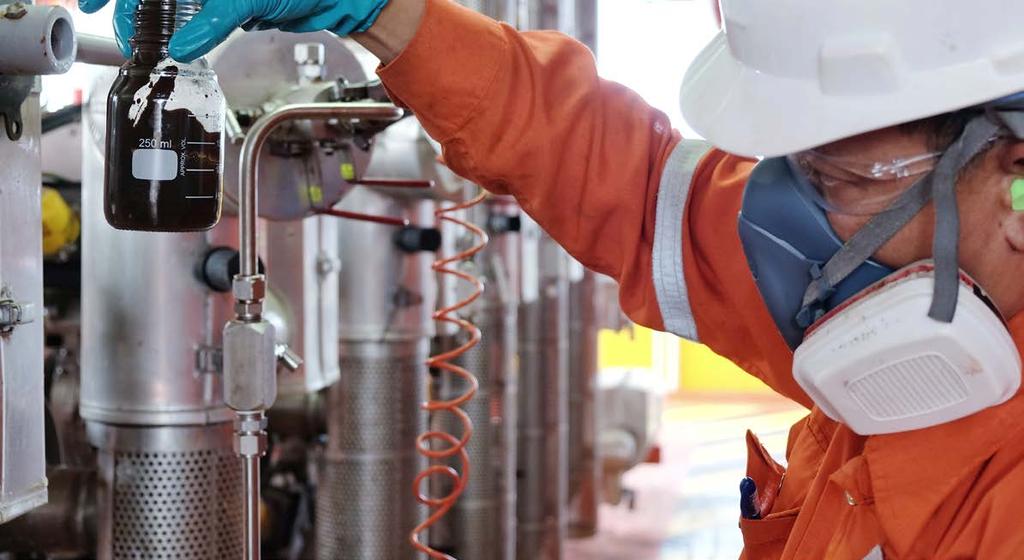

This CDGA training course will highlight:
At the end of this CDGA training course, you will learn to:
This CDGA training course is suitable for a wide range of professionals but will greatly benefit:
A highly interactive combination of lecture and discussion sessions will be managed to maximize the amount and quality of information, knowledge and experience transfer. The sessions will start by raising the most relevant questions and motivate everybody finding the right answers. The attendants will also be encouraged to raise more of their own questions and to share developing the right answers using their own analysis and experience. Participants in this course will receive thorough training on the subjects covered by the course outline with the Tutor utilizing a variety of proven adult learning teaching and facilitation techniques.
Organisational Impact
Personal Impact
By attending this CDGA training course, you will be able to:
Day One: Introduction of Fuel Quality Fundamentals
Day Two: Gasoline
Day Three: Jet Fuel
Day Four: Diesel
Day Five: Fuel Quality Monitoring System
CDGA attendance certificate will be issued to all attendees completing minimum of 75% of the total course duration.
| Code | Date | Venue | Fees | Register |
|---|---|---|---|---|
| AUD127-01 | 30-03-2026 | Indonesia | USD 6950 | |
| AUD127-02 | 07-06-2026 | Dubai | USD 5450 | |
| AUD127-03 | 13-09-2026 | Jeddah | USD 5450 | |
| AUD127-04 | 13-12-2026 | Manama | USD 5450 |
Providing services with a high quality that are satisfying the requirements
Appling the specifications and legalizations to ensure the quality of service.
Best utilization of resources for continually improving the business activities.
CDGA keen to selects highly technical instructors based on professional field experience
Since CDGA was established, it considered a training partner for world class oil & gas institution
3012, Block 3, 30 Euro Business Park, Little Island, Co. Cork, T45 V220, Ireland
Mon to Fri 09:00 AM to 06:00 PM
Contact Us anytime!
Request Info